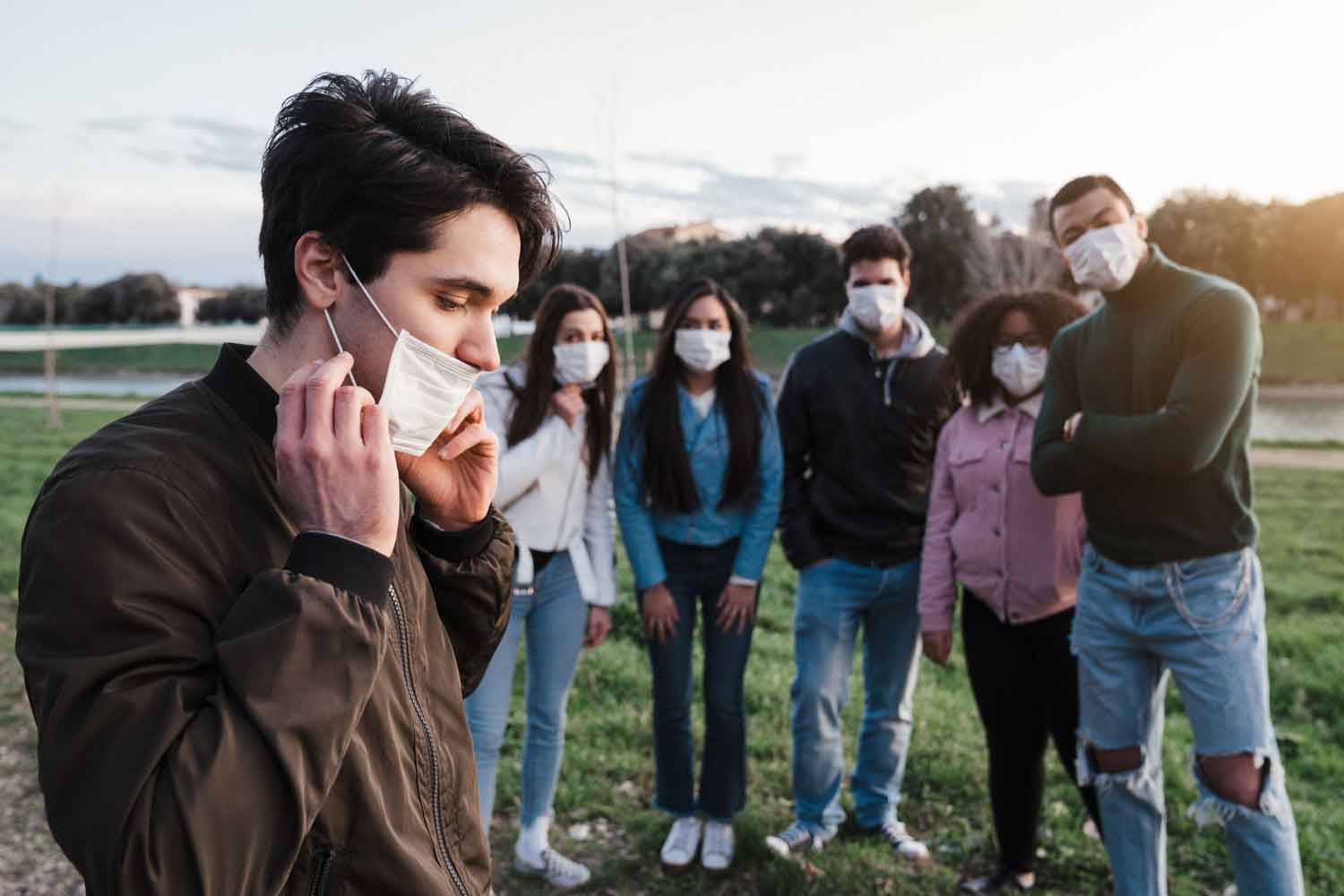
Myth #1: This is an apocalyptic situation
Mainstream media has compared the current situation to previous influenza outbreaks: SARS (severe acute respiratory syndrome), MERS (Middle East respiratory syndrome) and even the Spanish Flu. There’s even been talk of supermarkets running out of supplies as people stockpile long-lasting foods in case we see scenes similar to Will Smith’s I Am Legend.
But the truth is, we’re no where near that stage and we’re far better equipped to deal with the outbreak of disease.
“Yes, things are concerning – but we shouldn’t let this lead to panic,” Says Dr. Kennedy.
“A ‘pandemic’ refers to global spread of a new illness, but doesn’t equate to apocalyptic type visions often associated with the term. What we’re seeing is of real concern when we think about the impact to health systems and the potential for serious infection risks toward certain populations. But no one benefits from unevidenced myths being passed around or panic not supported by current facts.”
The World Health Organisation is a reliable source for information.
Myth #2: Keto protects you from Coronavirus
A study published in Science Immunology found that when mice on the keto diet were injected with the flu virus, their survival rate was far higher than rodents on a high-carb diet. Unfortunately, these findings don’t mean that it’s suddenly a viable option for preventing the spread of Coronavirus.
“First things first however – let’s be clear, no a Keto diet or buying Ketone supplements doesn’t protect us from the Coronavirus or cure it,” Dr. Kennedy continues.
“Despite what that influencer might say, or what some video of a whiteboard and questionable science made out over the weekend – the medical consensus is that there is no evidence to back up these claims. Misinformation like this not only drives further fear and panic, but might be actively dangerous.”
Myth #3: You’re more likely to catch the virus from certain races
Arguably one of the more concerning outcomes of the outbreak has been the blame game. Given the virus originated in China, many are quick to assume that any person of this heritage is potentially carrying the virus and they should be steered clear of. This is definitely not the case
“Some Coronavirus myths flying around lately have included not being able to touch or buy anything coming from China (or receive packages from China),” explains Dr. Kennedy.
“To date, none of these claims have any backing. Race and ethnicity also have zero to do with COVID-19 infection, so any racial sentiments and fear-mongering need to be (to put it politely) left at the door.”
While some medical professionals want you to ditch the handshake and avoid contact with others, Dr. Kennedy suggests it’s no time to panic while rates are still low.
“We need to keep a close watch on things, but we don’t need to be avoiding going out or keeping a wide berth of people on the street,” he adds.
If you’re concerned, head to the World Health Organisation’s website who are providing ongoing updates.













